I find that no matter how good your elementary school is, there is always a need to supplement your child’s math curriculum at home. For some of my kids, they needed an additional challenge that their school was not providing. For another child, I found that she needed more individualized attention to really “get it.” All of my kids benefited from additional math fact drills, and home supplementation helped me to understand how my child learns and exactly what each child needed additional practice on.
These math workbooks are great. I like to start my kindergartener in a word problem book by Evan-Moore which emulates the Chicago Math program, Everyday Math. I find that introducing word problems at an early age helps my kids get an intuitive feel for translating words into number sentences. At this stage, most of the problems are adding or subtracting so word problem translation to number sentences is simpler. Then, when my kids face word problems in 3rd grade, they are not scared of them.
I like to start my kindergartener on the First Grade book usually the summer before 1st grade. This is a really fun book that my kids all actually loved doing. They generally would do about half the book during the summer and finish up by year-end. We could do 1-3 weeks in a sitting with my child begging to do more. Really! True story!
p.s. I also like the Life of Fred math textbooks. It combines a narrative story with math theory and practice.
Best Math Workbooks for Home or Summer Supplementation
Daily Word Problems: Student Practice Books
Grade 1 for incoming Grade 1 summer practice. Publisher: Evan-Moor. Also at Lakeshore Learning. I recommend using the incoming grade book for summer practice (i.e. going into 4th grade summer, use 4th grade book). Click on the image of book to buy through Amazon.com. As an Amazon Associate, I earn from qualifying purchases.
I have my kids doing these books as both summer supplementation and supplementation through the year. I also recommend the Singapore Math curriculum for additional supplementation. Singapore Math is the curriculum used in Singapore which ranks usually 1st or 2nd in the world in math test scores. Once you see their system, it’s easy to understand why. The concepts are presented in a VISUAL and easy-to-understand way. There is also an adequate drill for mastering concepts that Everyday Math does not have.
Singapore Versus U. S. Math: We Lose. Singaporean students rank 1st in the world in mathematics on the TIMS and U.S. students rank 16th. … http://edbizstrategy.blogspot.com/2010/01/singapore-vs-us-math-we-lose.html
Here’s a link to a study that rates Singapore best in Math, Science for 7th & 8th graders: http://www.bc.edu/bc_org/rvp/pubaf/chronicle/v5/N27/timss.html
Compare your city’s math scores to the rest of the world. FYI, Singapore scored the highest. http://www.usatoday.com/news/education/2008-10-22-math-cities-international_N.htm
This is an interesting article from the New York Times by Benedict Carey published on December 20, 2009, about how children are capable of learning math at a young age. They note that some of these methods have been successful in overcoming dyslexia. Here’s the link: http://www.nytimes.com/2009/12/21/health/research/21brain.html
Pragmatic Mom understands that it’s a lot to get your child to do two different workbooks at home. I suggest using just the Singapore Math Text Book which is in color and has some drills as well. Because the Singapore Math curriculum is also in a different sequence than Everyday Math, you will need to pick and choose chapters that reflect what your child is learning. Use the Singapore Math Text Book to explain a concept your child is confused about and then do the problems in that section. Alternately, follow the curriculum to challenge your child who is bored with their math curriculum at school and go one grade ahead.
Pragmatic Mom recommends using the book number as correlated to your child’s grade even though the books state one grade lower than the number listed. If you click on the book, it will take you to Amazon to purchase.
For preschool, 1 year before kindergarten. Earlybird Kindergarten1A and 1B.
For incoming Kindergarten. Earlybird Kindergarten 2A and 2B.
For incoming 1st grade, Primary Mathematics 1A and 1B.
For incoming 2nd grade, Primary Mathematics Textbook 2A and 2B.
For incoming grade 3.
For incoming grade 4. (It says in the book that this is for grade 5, but it correlates to grade 4 at my school).
For incoming grade 5.
My rising 8th grader will be working on this book by Dr. Stanley Schmidt’s Life of Fred: Beginning Algebra, As Serious as It Needs to Be. It’s a homeschool method that uses stories to frame the math curriculum.
p.s. Related posts:
Our 10 Favorite Math Picture Books
Book Lists with Science and Math Concepts
Place Value Math for Kids with Books, Game, and Music Video
Summer Math Ideas for Elementary and Middle School
111 (also known as 7) Math Picture Books to Count On
Funny Science-y Math-y Chapter Books for ages 7 and up
Mastering Multiplication Math Facts
Gift Guide: Best Math and Science Toys (New Additions!)
To view any book more closely at Amazon, please click on image of book.
As an Amazon Associate, I earn from qualifying purchases.
Follow PragmaticMom’s board Math Fun on Pinterest.
BEST #OWNVOICES CHILDREN’S BOOKS: My Favorite Diversity Books for Kids Ages 1-12 is a book that I created to highlight books written by authors who share the same marginalized identity as the characters in their books.

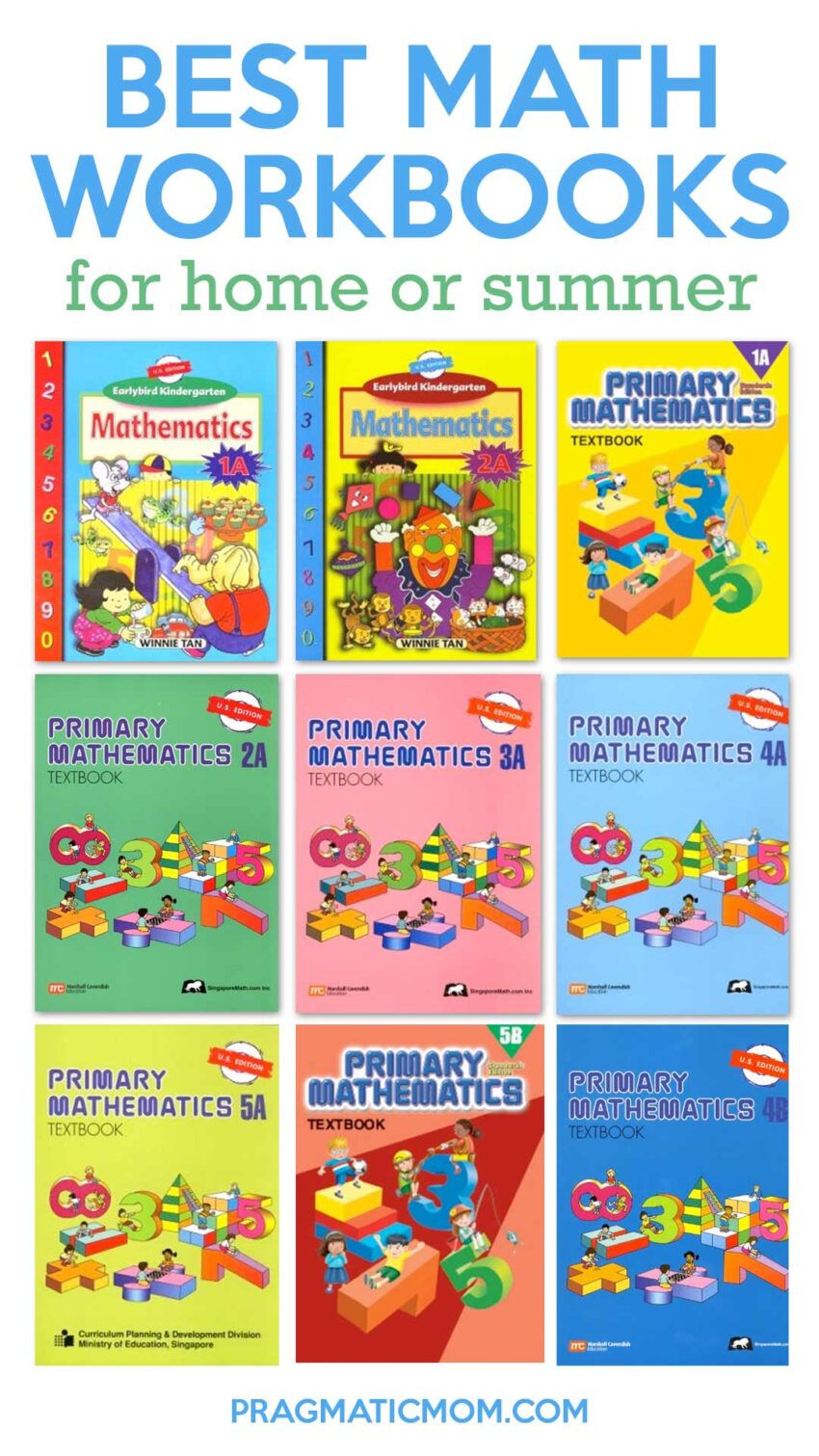
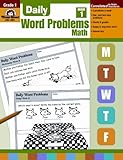
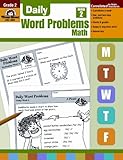
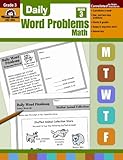
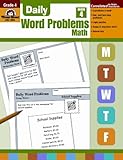
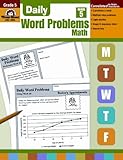
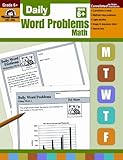
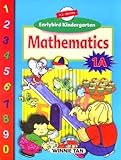
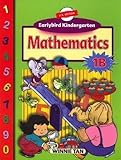
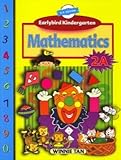
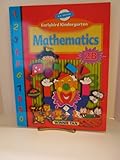
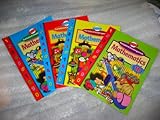
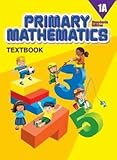
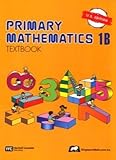
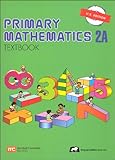
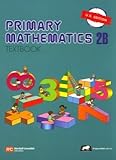
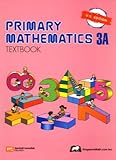
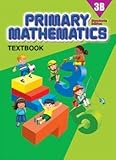
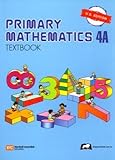
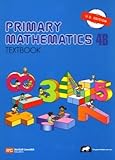
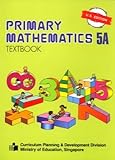
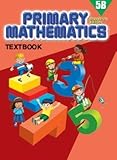
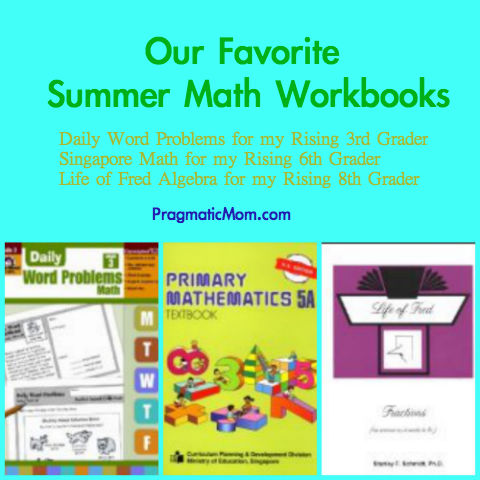
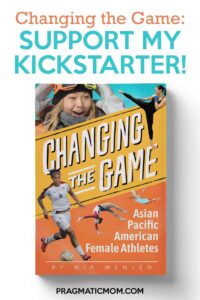


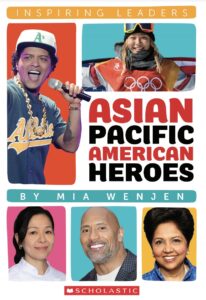

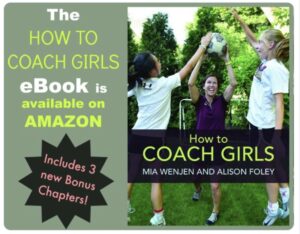


I found this great service to track out of stock items on Amazon:
http://www.ehow.com/how_5680413_notified-amazon-product-stock.html
It works!
What a great resource. Thank you!
If you are interested in students learning math naturally at a young age, you should visit Maria Djoukova’s group at http://www.naturalmath.com/. She is brilliant and dedicated to studying how students encounter mathematics in ways that help them develop schema that makes mathematics part of how they think and encounter the world.
Roland